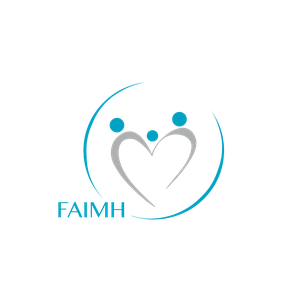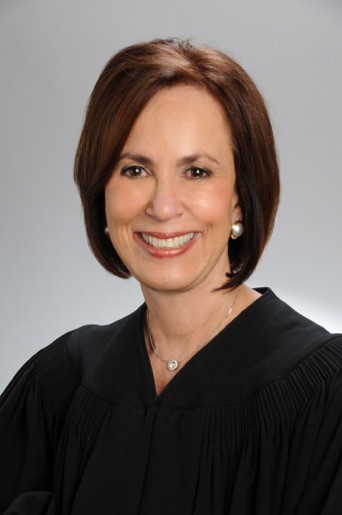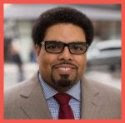FAIMH’s rich 21-year history is one of its core strengths. In recent years, FAIMH’s Board of Directors has presided over a remarkable period of growth:
- FAIMH has more than 650 FAIMH members,
- 100 IMH Professionals have earned our Florida IMH Endorsement, and
- Over 250 IMH Professionals attended a FAIMH Training Academy course.
Managing such growth with an all-volunteer Board of Directors, particularly during a pandemic, has been challenging. In 2020, the Board of Directors voted to pursue hiring an Executive Director to help lead FAIMH forward. Our Board anticipates continued growth and has overseen a structured approach to step into this next phase of our Association’s development. Over the last year, we went through a rigorous process that included updating our By-Laws, defining the Executive Director role and job description, budgeting to support the Executive Director’s salary, and creating a rigorous screening and interview process. We issued a call for applications and received dozens of applications for the position and used a systematic process to narrow the group down to five finalists, four of whom had only limited knowledge of IMH or experience with FAIMH, and all of whom had relevant work experience, outstanding credentials, and engaging personalities. FAIMH’s Executive Committee interviewed each applicant twice, independently scored applications using preset criteria, and then used a structured consensus-building approach to identify our top applicant. This applicant was then presented to the full Board for vetting and discussion and was voted in as FAIMH’s very first Executive Director.

Christine is passionate about Infant Mental Health and possesses a unique combination of skills to help lead FAIMH Forward with the full support of the Board of Directors. Christine believes deeply that supporting the important adults in young children’s lives can change the course of those children’s lives. FAIMH’s mission speaks urgently to her and she has demonstrated that through her service and commitment. We are enthusiastic about this milestone in FAIMH’s history and look forward to what the future holds.
I would like to thank the Board of Directors for their support and unwavering commitment, especially the Executive Committee for countless hours of work to help make this day a reality. It is an honor to serve as the President of the Board and to welcome Dr. Christine Hughes as our First FAIMH Executive Director.
In service,
President, Board of Directors






 Today, FAIMH celebrates YOU!
Today, FAIMH celebrates YOU!









 Barbara Pariente has been a lawyer and a judge in a career spanning over forty-six years. She served as a Justice on the Florida Supreme Court from 1998 until her retirement in January of 2019. During that time she served as Chief Justice; authored over 1000 opinions; participated in cases from Bush v. Gore (the presidential election case) to Terri Schiavo to redistricting following the passage of the Fair District Amendment.
Barbara Pariente has been a lawyer and a judge in a career spanning over forty-six years. She served as a Justice on the Florida Supreme Court from 1998 until her retirement in January of 2019. During that time she served as Chief Justice; authored over 1000 opinions; participated in cases from Bush v. Gore (the presidential election case) to Terri Schiavo to redistricting following the passage of the Fair District Amendment.










